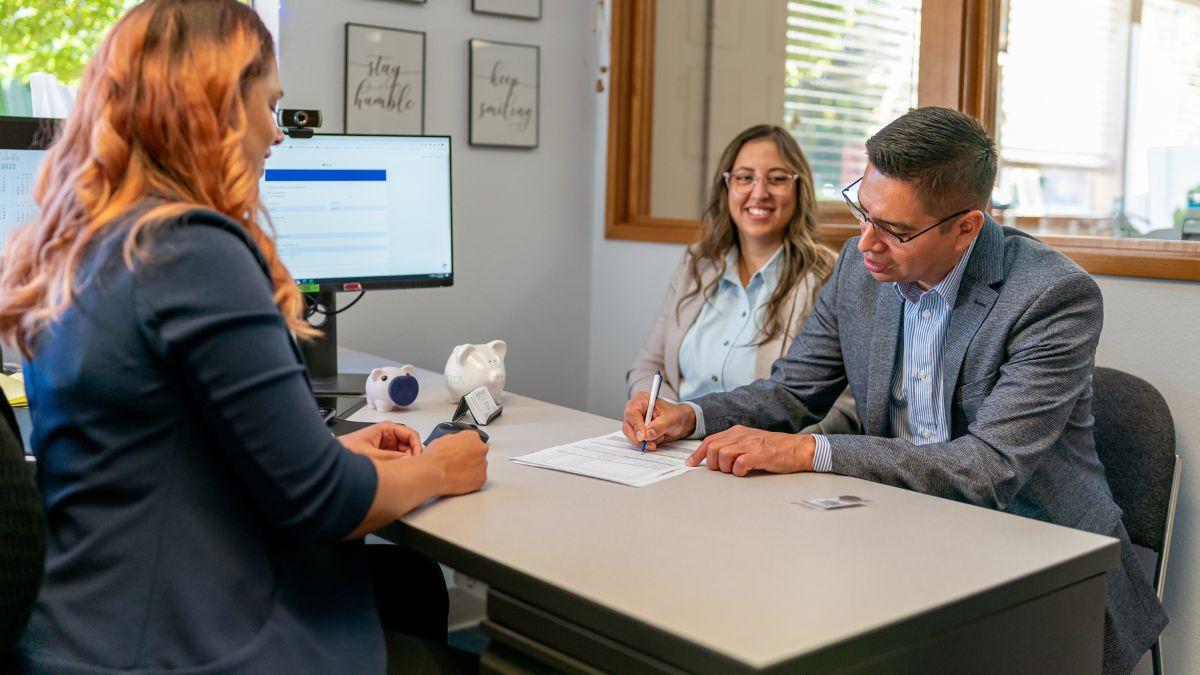Legal documentation frequently crosses international borders, necessitating appropriate verification methods to ensure their legitimacy. This requirement arises from different global jurisdictions striving to uphold the integrity of such documents. Here, we delve into the details of apostille and authentication certificates, understanding how they operate in verifying the integrity of various federally-issued documents and business records.
The basics: apostilles and authentication certificates
Apostilles and authentication certificates play pivotal roles in validating legal documents across various countries. Apostilles are predominant in nations adhering to the Hague Convention, established to streamline document validation processes among member states. In contrast, authentication certificates cater to jurisdictions outside this framework, ensuring that documents issued by a notary public or other authorized officers retain their credibility when used internationally.
A fine example of where one might require these services is with FBI background checks. For individuals needing validation for such documents abroad, agencies like www.onesourceprocess.com specialize in facilitating these verifications expediently.
What is an apostille?
An apostille refers to a certification appended to a document, signifying its authenticity within the purview of the Hague Convention. The term itself originates from French, meaning “certification.” It’s essentially a formality by which certain documents can be certified for legal purposes in all the nations that have signed the Hague Convention. Examples include powers of attorney, birth and marriage certificates, and academic credentials.
This procedure eliminates excessive formalities associated with traditional multi-stage authentications. An apostille confirms the signature, seal, and position of the official who has executed, issued, or registered the document, thus speeding up paperwork needed for cross-border activities.
Types of documents requiring apostille certification
The scope of documents necessitating an apostille varies but typically includes those used in personal matters and legal filings abroad. Birth, death, and marriage certificates, court orders, power of attorney, patents, trademarks, and diplomas are prime examples. Both personal and business documents can be subject to this process, enhancing their legitimacy in international proceedings.

How authentication differs from apostille
Authentication serves a similar purpose as apostillation but applies to documents intended for use in non-Hague Convention countries. These destinations still require a stringent verification path, albeit more complex. Authentication ensures that federally-issued documents, such as certifications originating from government departments, adhere to the foreign country’s regulations where the document is to be presented.
Understanding the authentication process
Authentication involves several additional steps compared to obtaining an apostille. Primarily, it begins at the state level with a clerk of district court or relevant state office certifying the notary public’s signature. Following this, the document may need further attestation from state government officials. Ultimately, the Department of State may also authenticate the document before presentation to the respective embassy or consulate of the destination country.
Given the convoluted nature of this process, it often requires meticulous preparations and a deep understanding of both local and international regulatory landscapes.
The role of notary publics and clerks of the district court
Notary publics and clerks play integral parts in the authentication and apostille processes. Notaries verify the identity of signatories, witness signatures, and apply their stamp or seal, thereby confirming the document’s authenticity at the primary level. Often, these professionals are the first points of contact in a multi-tiered certification journey for legalized documents.
Responsibilities and limitations
Although notaries provide substantial foundational verification, their role extends beyond merely affixing a seal. They ensure compliance with specific statutes governing notarization, contributing to the larger validation apparatus for both apostilles and authentication certificates. However, their authority is generally limited within national boundaries; international validation demands escalated endorsements through higher offices like that of a clerk of district court or federal entities.
Clerks’ involvement in further authenticating documents
Often, after initial notarization, the involvement of clerks becomes necessary for an added layer of scrutiny required in authentication procedures. Clerks authenticate notarial acts, providing a secondary endorsement essential for cases bound for non-Hague Convention countries. This step ensures international acceptance of the validated documentation by aligning with the recipient country’s legal requisites.
Federally-issued documents: A distinct consideration
Documents issued by federal entities present unique challenges in the authentication landscape. Whether it’s an FDA certificate, IRS tax return verification, or social security letters, these federally-issued documents demand precise adherence to both domestic protocols and the targeted foreign nation’s stipulations.
Ensuring validity across jurisdictions
To maintain validity across jurisdictions, these documents undergo scrutinized authentication pathways resembling labyrinthine procedural sequences. Starting from initial verification by relevant federal authorities, followed by state-level authentications and culminating in possible diplomatic endorsements, each stage holds significance tailored to the specific requirements of the receiving country. Navigating this maze efficiently often calls for expert input and professional handling to hinder potential procedural missteps.
Choosing the right service provider
Selecting adept service providers for document apostille and authentication processes significantly influences outcome efficacy. Reputed agencies possessing expertise in navigating various bureaucratic layers ease the entire certification journey, mitigating delays and inaccuracies. Their experience signifies profound insights into diverse international requirements, ensuring swift, proficient handling of documents destined for global usage.
Evaluating reliability and efficiency
Key indicators of a reliable service provider encompass not just proficiency but also a track record of high success rates in processing apostilles and authentication certificates. Assessing reviews, understanding their operational modalities, and gauging their familiarity with different regional legislations form core evaluative parameters. Effective communication channels, transparent timelines, and definitive fee structures are elements showcasing reliability while fostering trust across transactional dynamics.

